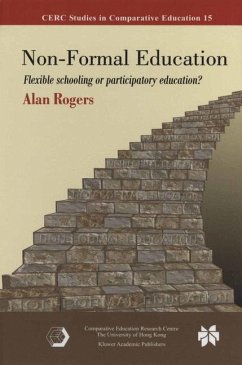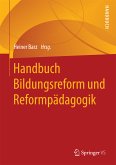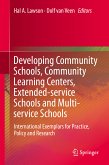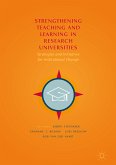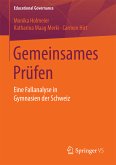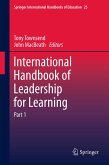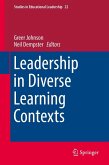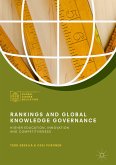This is an important new book by a well-established author. It deals with complex issues, but is written in a clear style. It contains an important new analysis of the development paradigms in which the controversies surrounding non-formal education grew up, and which shaped its purpose and impacts. The author's call for a reformulation of the concept will find echoes not only in developing societies, but also in Western circles, where the language of non-formal education is being used increasingly within the context of lifelong learning. The book grew out of the teaching of non-formal education in which Professor Rogers has been engaged for the last 20 years. It is intended for teachers and students in comparative education courses in higher education institutions, and for researchers and others with an interest in the field.
Dieser Download kann aus rechtlichen Gründen nur mit Rechnungsadresse in A, B, BG, CY, CZ, D, DK, EW, E, FIN, F, GR, HR, H, IRL, I, LT, L, LR, M, NL, PL, P, R, S, SLO, SK ausgeliefert werden.

